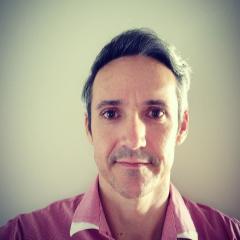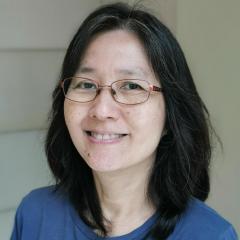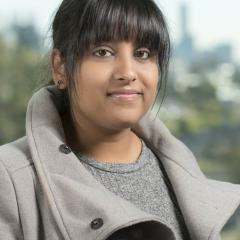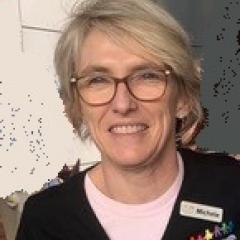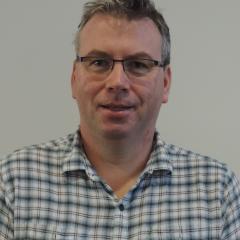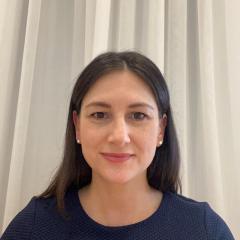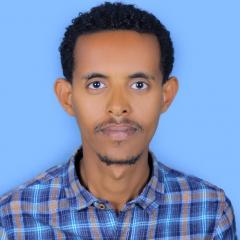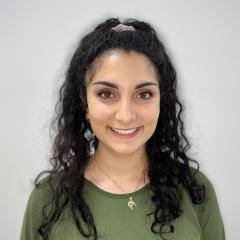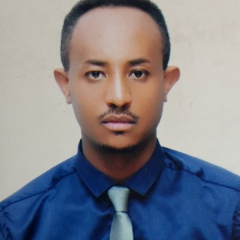PhD Students
Read some of our PhD student success stories which demonstrate some of the capacity development activities of CRE RESPOND.
Completed PhD students
- Dr Gene Chai
- Dr Puteri Zamri
- Dr Eko Setiawan
- Dr Vesa Cheng
- Dr Kamrul Islam
- Dr Gloria Wong
- Dr Sazlyna Mohd Sazlly Lim
- Dr Aaron Heffernan
- Dr Yarmarly Guerra Valero

